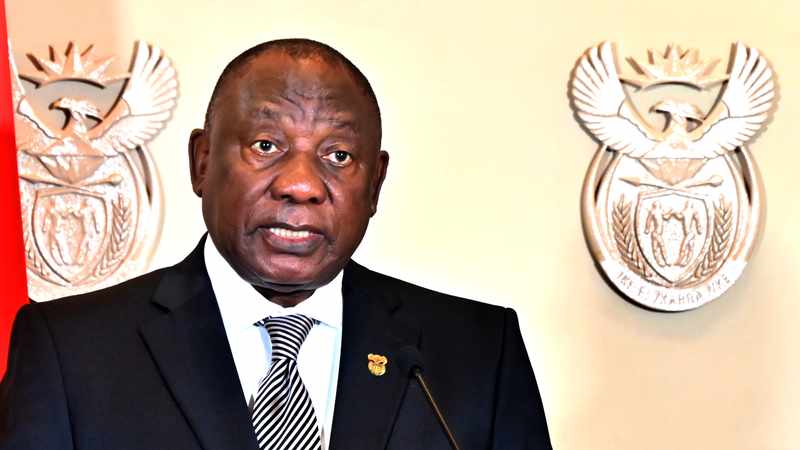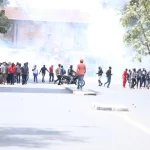In a statement on Monday, President Ramaphosa stated that the state’s constitution allows every person “the right to peacefully and unarmed, to assemble, to demonstrate, to picket and to present petitions”.
He however noted that the protests should not provide an avenue to cause unrest, neither should anyone be forced to join the march.
“It is well within the right of any person or organisation to call on fellow South Africans to freely join in acts of protest,” read part of the statement.
“But we should be clear that the right to protest does not give anyone the right to harass, intimidate or threaten anyone else. It does not give anyone the right to damage property or cause harm to any person.”
The Head of State added that all security measures have been taken to ensure that the protests remain peaceful, including deploying a sufficient number of police officers across the nation.
“In fulfilment of its constitutional responsibility to protect the rights of all people, government will always have measures in place to ensure that everyone who wants to go to work, travel for leisure and conduct business can do so in a safe and secure environment,” he said.
According to videos circulating online, the Malema-led protests started in the foetal hours of Monday morning.
The EFF is demanding Ramaphosa’s resignation over his handling of South Africa’s sickly economy, electricity shortages and stratospheric unemployment.
In a statement on Saturday, the party told would-be protesters their actions “must be militant and radical” but to behave “peacefully” and watch out for “agent provocateurs” attempting to hijack the strike.
“No-one can stop a revolution,” EFF leader Julius Malema told supporters on Friday.
Ports, parliament, border crossings and the Johannesburg stock exchange, among others, will be targeted as key protesting points, Malema has said.



